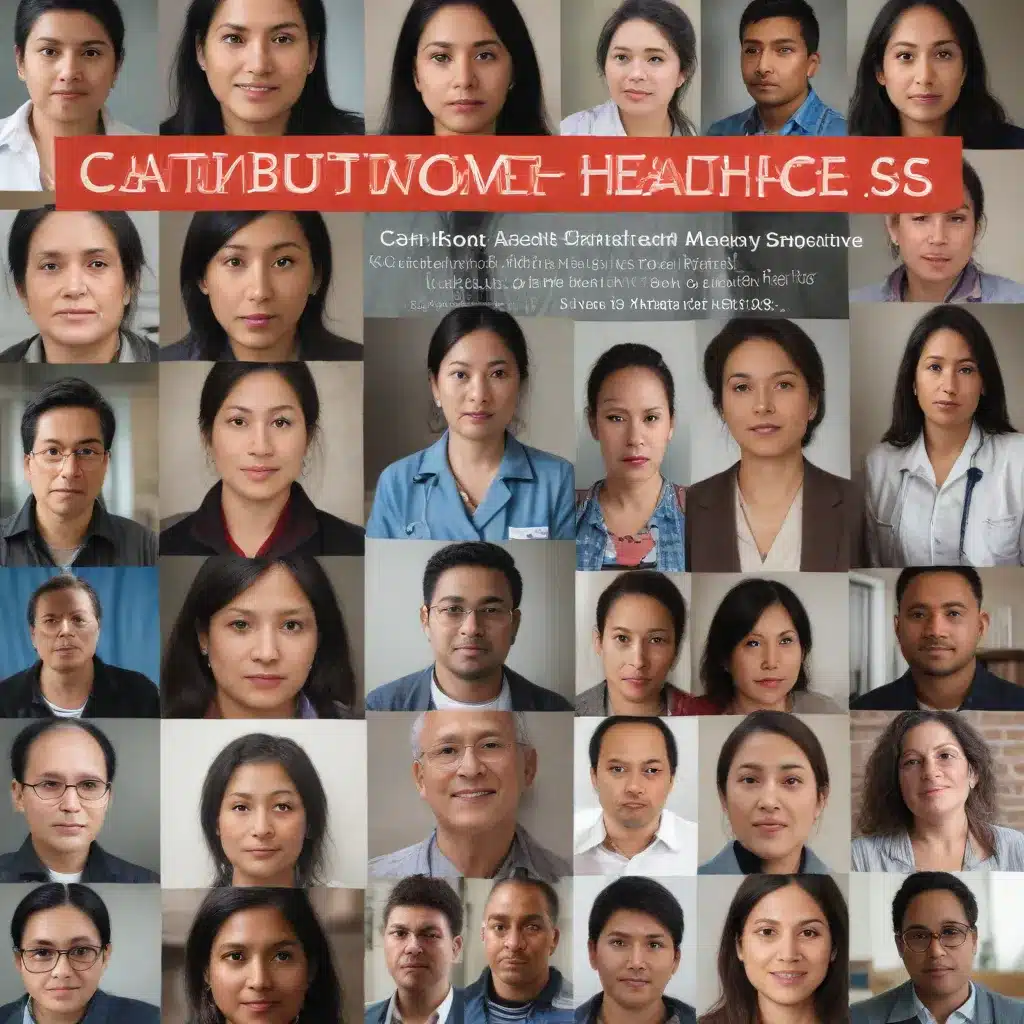
Navigating the complex landscape of dental care in the United States can be especially challenging for immigrant communities. While the nation prides itself on providing high-quality healthcare, the reality is that many individuals, particularly those from marginalized backgrounds, face significant barriers to accessing essential dental services. In this article, we will explore the unique perspectives and experiences of immigrants as they grapple with the realities of dental care access in the United States.
Barriers to Dental Care Access
One of the primary obstacles that immigrants often encounter is the financial burden associated with dental treatment. Many immigrants, particularly those who are undocumented or have limited financial resources, find it difficult to afford the cost of routine preventive care, let alone more complex procedures such as root canals or tooth extractions. This challenge is further exacerbated by the fact that a significant proportion of immigrants lack comprehensive health insurance coverage, leaving them to shoulder the full cost of dental care out-of-pocket.
Navigating the Complexities of the Healthcare System
For many immigrants, the healthcare system in the United States can be confusing and overwhelming. From navigating the intricacies of insurance plans to understanding the various dental specialties and their respective roles, the sheer complexity of the system can be daunting. This lack of familiarity with the healthcare landscape, coupled with language and cultural barriers, can prevent immigrants from seeking the care they need, even when resources are available.
The Impact of Immigration Status
The immigration status of an individual can also have a significant impact on their ability to access dental care. Undocumented immigrants, in particular, often face significant barriers, as they may be ineligible for government-sponsored healthcare programs or fear seeking care due to the risk of deportation. This precarious situation can lead to a cycle of neglect, where individuals forgo necessary dental treatment due to the perceived risks, ultimately exacerbating their oral health problems.
Cultural and Linguistic Considerations
Cultural and linguistic differences can also play a crucial role in shaping the dental care experiences of immigrants. Some individuals may come from healthcare systems that operate very differently from the one in the United States, leading to confusion and mistrust. Additionally, language barriers can make it challenging for immigrants to communicate effectively with healthcare providers, understand treatment options, and advocate for their own oral health needs.
The Importance of Preventive Care
The importance of preventive care cannot be overstated, particularly for immigrant communities. Regular dental cleanings and check-ups can help identify and address oral health issues before they become more complex and costly to treat. However, the financial and logistical barriers often prevent immigrants from accessing these essential services, leading to a higher risk of developing more severe dental problems.
Seeking Emergency Care
When faced with acute dental issues, such as severe pain, swelling, or trauma, immigrants may be more likely to seek emergency care, as it is often the only option available to them. This scenario can result in a reactive, rather than proactive, approach to dental health, leading to more extensive and costly treatments down the line.
The Impact on Overall Health
The consequences of limited access to dental care can extend beyond the oral cavity, affecting an individual’s overall health and well-being. Poor oral health has been linked to a variety of systemic health conditions, including cardiovascular disease, diabetes, and respiratory infections. For immigrants, who may already face disparities in access to general healthcare, the impact of untreated dental problems can be particularly detrimental.
Strategies for Improving Access
To address the barriers faced by immigrant communities, a multifaceted approach is necessary. This may include:
-
Expanding Affordable Dental Care Options: Increasing the availability of low-cost or sliding-scale dental clinics, as well as exploring options for subsidized or government-funded dental programs, can help alleviate the financial burden for immigrants.
-
Enhancing Cultural and Linguistic Competency: Healthcare providers should strive to improve their cultural and linguistic competency, ensuring that they can effectively communicate with and meet the unique needs of diverse immigrant populations.
-
Improving Educational Outreach: Targeted educational campaigns and community-based initiatives can help raise awareness about the importance of oral health and the available dental services, empowering immigrants to take a more proactive approach to their dental care.
-
Advocating for Policy Changes: Advocating for policy changes that address the systemic barriers to healthcare access for immigrant communities, such as expanding Medicaid or creating more inclusive insurance programs, can have a significant impact on improving dental care outcomes.
Embracing the Diversity of Our Patients
At Station Road Dental Aldergrove, we recognize the diverse needs of our patient population and are committed to providing high-quality, compassionate dental care to all individuals, regardless of their background or immigration status. We strive to create a welcoming and inclusive environment that celebrates the rich diversity of our community, ensuring that every patient feels heard, understood, and empowered to take control of their oral health.
Conclusion
The challenges faced by immigrant communities in accessing dental care in the United States are multifaceted and complex. From financial barriers to cultural and linguistic obstacles, the barriers to accessing essential dental services can have far-reaching consequences on the overall health and well-being of these individuals. By acknowledging these challenges and actively working to address them, we can take an important step towards ensuring that everyone, regardless of their background, has the opportunity to achieve and maintain optimal oral health. At Station Road Dental Aldergrove, we remain dedicated to this mission, and we invite you to join us in our efforts to create a more equitable and inclusive dental healthcare landscape.

